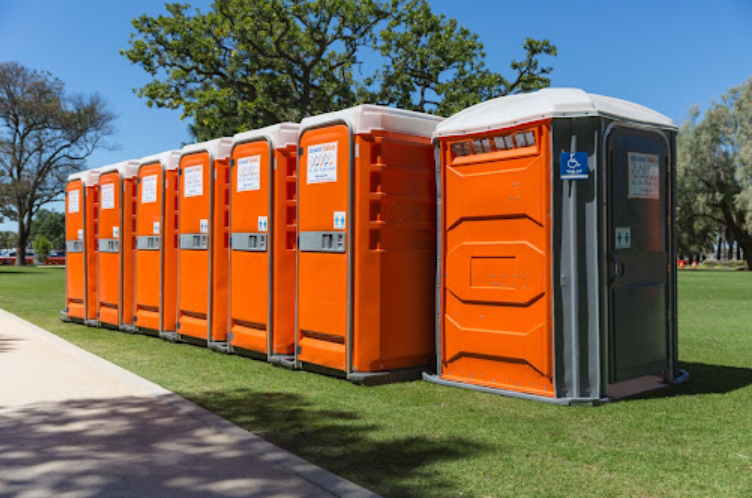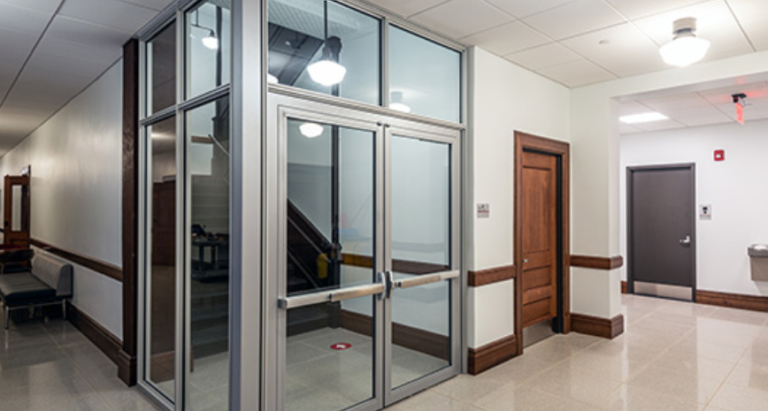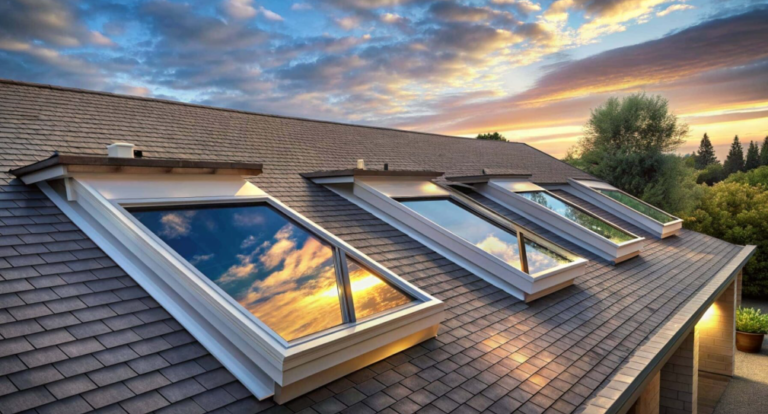How to Decide the Right Hire Period for Portable Toilets
Understanding Why Hire Duration Matters
When planning an event or managing a construction project, choosing the right hire period for portable toilets is more important than it may seem at first. If toilets are returned too soon, you risk being left without facilities; if kept too long, unnecessary costs can build up. Striking the right balance ensures your guests, staff, or contractors have access to clean, convenient facilities for the entire duration they are needed.
Portable toilets are not just about convenience; they’re also a legal and practical requirement in many cases. From one-day festivals to months-long construction projects, Blue Box Hire will advise a timeframe for hire to reflect usage levels, site conditions, and compliance with health and safety rules.
Short-Term Hire: Perfect for Events
Short-term toilet hire is usually defined as anything from a single day to a week. This option is common for weddings, outdoor festivals, sports events, or community fairs. If your event is only a few hours, you may only need toilets on-site for that day. However, it’s often worth arranging collection the following day to avoid early removal.
The number of guests will influence how many units you need, and the length of the event will determine whether servicing is required. For example, a six-hour concert may need additional servicing compared to a three-hour private party.
Long-Term Hire: Essential for Construction Sites
Construction projects, roadworks, and building renovations often last weeks or months. In these cases, long-term portable toilet hire is the most practical solution. Hire contracts for construction sites typically include regular servicing, ensuring the units remain hygienic and compliant with Health and Safety Executive (HSE) standards. According to the HSE, one toilet should be available for every seven workers if facilities are cleaned once a week. This is why long-term hire contracts are structured to include servicing schedules.
Factors to Consider When Deciding the Right Hire Period
Several factors determine the ideal hire period for portable toilets:
- Type of event or project: A wedding requires toilets for a single day, while a building site may need them for several months.
- Number of users: The more people using the toilets, the higher the demand, which may influence how long they need to remain in place.
- Servicing requirements: Long-term hire includes cleaning and waste removal, which is vital for maintaining hygiene.
- Budget: Keeping units longer than necessary can inflate costs, so aligning the hire period with real usage is key.
- Delivery and collection logistics: Always allow enough time before and after your event to ensure toilets are ready when needed.
See also: Exploring the Future of Social Media With AI and Data
Seasonal Considerations for Hire Duration
Seasonal changes can also affect how long portable toilets should remain on-site. In summer, higher temperatures may require more frequent servicing, especially if toilets are used for extended periods. During winter, access routes may be affected by weather, so arranging collection later can avoid logistical challenges.
For outdoor festivals in summer, toilets may only be needed for a weekend, but with higher temperatures, daily servicing may be required. For winter construction sites, long-term hire ensures toilets are accessible even in harsher conditions.
Legal and Compliance Requirements
It’s also important to consider the legal side of toilet hire. The HSE outlines minimum requirements for welfare facilities on construction sites, including access to clean toilets, running water, and hand-washing stations. If your project runs for more than a week, portable toilets must remain on-site for the full duration to stay compliant.
This means the right hire period isn’t just about convenience – it’s about meeting obligations under health and safety law.
The Cost Implications of Hire Periods
While it may be tempting to keep toilets for longer than necessary, it’s not always cost-effective. Hire charges are usually calculated daily, weekly, or monthly. A weekend event might only require a two-day hire, while extending to a full week can increase costs unnecessarily.
Conversely, construction projects benefit from longer-term contracts, as the cost per week usually decreases with extended hire periods. The key is to align the hire period closely with the actual need.
Planning Ahead for Flexible Hire
When deciding the hire period, flexibility is vital. Unexpected delays in construction or extended event schedules can mean that toilets are needed for longer. Communicating with your provider about potential extensions avoids last-minute stress.
It’s always worth discussing contingency options. For example, you may agree on an initial four-week hire with the option to extend if work takes longer than expected. This avoids the higher costs that come with emergency extensions.
Practical Examples
- Weddings: Typically require toilets for one day, with collection the following day.
- Music festivals: Hire may run for three to four days to allow for setup and breakdown.
- Construction sites: Commonly require portable toilets for three to six months, with weekly servicing included.
- Public events: Charity runs or community fairs may only need toilets for half a day, but overnight collection ensures a smoother process.
These examples highlight how different settings demand very different hire periods.
Why Choosing the Right Period Improves Hygiene
The longer portable toilets remain on-site, the greater the need for servicing. Regular cleaning keeps facilities usable and prevents unpleasant smells. For events, shorter hire periods reduce the risk of hygiene issues, while for construction projects, servicing contracts are essential for maintaining health standards.
This is particularly important in high-use environments where hundreds of people may rely on a limited number of units daily. Deciding the right hire period ensures the toilets are fit for purpose and supports user wellbeing.
Conclusion: Getting the Balance Right
Choosing the right hire period for portable toilets comes down to understanding your event or project’s unique requirements. Short-term hire works well for weddings, parties, and festivals, while long-term hire is essential for construction and ongoing works. Taking into account the number of users, seasonal factors, and compliance rules helps avoid problems and keeps costs under control.
By planning ahead and speaking with an experienced provider, you can be confident the facilities will be in place for as long as they’re needed, without unnecessary expense.





